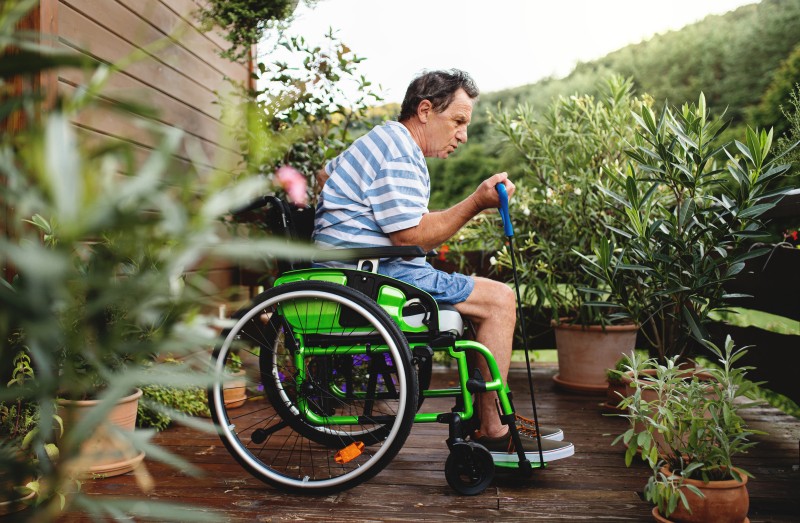Have you ever noticed that your elderly loved ones often sleep with their mouths open? This common phenomenon raises questions and concerns for many individuals. In this article, we delve into the primary question of ‘why do elderly sleep with mouth open?’ and explore the factors contributing to this occurrence, as well as what can be done to address it.

Understanding the Elderly Sleep Pattern
The Physiology of Aging
Aging brings about numerous changes, some that may contribute to why elderly individuals sleep with their mouths open. The physiological transformations in the muscles and bones may impact breathing patterns during sleep.
Changes in Sleep Cycles
As people age, their sleep cycles often change. With age, the time spent in deep sleep stages decreases, potentially causing disruptions in normal breathing patterns.
Identifying the Causes
Nasal Congestion and Blockages
A prevalent reason for the elderly sleeping with their mouths open is nasal congestion. Various factors, such as allergies or sinus issues, can lead to nasal blockage, forcing individuals to breathe through their mouths.
Muscle Weakness
Muscle weakness is another factor contributing to this phenomenon. Aging leads to the weakening of throat muscles, causing the mouth to fall open during sleep.
Presence of Sleep Disorders
Sleep disorders can have a significant impact on breathing patterns. Conditions like sleep apnea or snoring are common among seniors, contributing to this open-mouth sleeping habit.
Addressing the Issue
Consulting Healthcare Professionals
If you notice an elderly loved one frequently sleeps with their mouth open, consulting healthcare professionals like doctors or sleep specialists should be a priority. They can provide expert advice and evaluations for potential underlying issues.
Exploring Lifestyle Adjustments
Simple lifestyle adjustments could potentially improve the situation. Encouraging proper hydration and nasal hygiene, for instance, can alleviate nasal congestion.
Utilizing Sleep Support Aids
The utilization of various aids and products designed to support better sleep and breathing can also help. These aids range from special pillows to personal alert systems like this alert system that ensure both comfort and safety for seniors.
Promoting Better Sleep Habits
Creating a Comfortable Sleep Environment
The importance of a comfortable sleep environment cannot be overstated. Setting an optimal room temperature and minimizing distractions can create a more restful environment for elderly individuals.
Incorporating Relaxation Techniques
Relaxation techniques, such as meditation and deep-breathing exercises, may aid in managing stress and improving the quality of sleep.
The Role of Caregivers and Family
Family members and caregivers play a crucial role. By offering support, understanding the challenges, and assisting with breathing exercises such as those detailed here on back massagers, they can more effectively help their loved ones.
Conclusion
Understanding why elderly sleep with their mouth open can help address potential health concerns. Whether resulting from physiological changes, lifestyle factors, or sleep disorders, there are multiple avenues available to explore, ensuring that our elderly loved ones achieve the restful sleep they deserve.

FAQs
Why do seniors snore more often?
The weakening of throat muscles and nasal blockages in aging can often lead to increased snoring frequency.
How can I help my elderly parent sleep better?
Encouraging regular sleep schedules, aiding in stress reduction, and investing in supportive items like hand massagers and comfortable pillows are beneficial.
What is a common solution for nasal congestion in elderly?
Proper hydration, regular nasal cleaning, and consulting healthcare professionals are common solutions to alleviate nasal congestion.
This article contains affiliate links. We may earn a commission at no extra cost to you.

